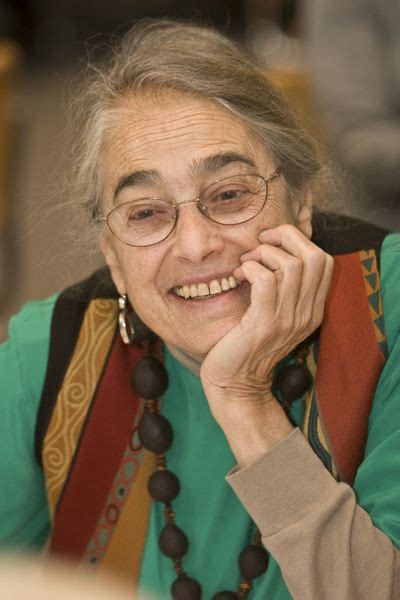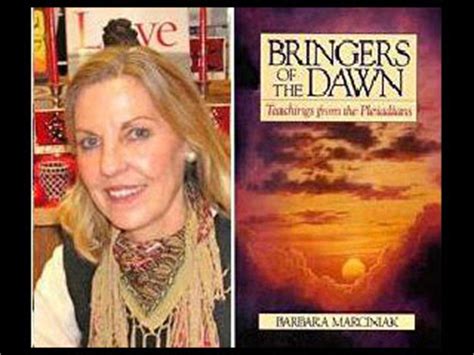A Quote by Martin Seligman
To the scientists of the Renaissance, your critic was really your ally, helping you advance upon reality. Critics in science are not like drama critics, determining flops and successes. Criticism to scientists is just another means of finding out whether they're wrong, like running another experiment to see if it confirms or refutes a theory. Along with the advocacy principle of the courtroom, It is one of the best ways human beings have evolved to get closer to the truth.
Quote Topics
Advance
Advocacy
Ally
Along
Another
Beings
Best
Best Way
Closer
Courtroom
Critic
Criticism
Critics
Drama
Evolved
Experiment
Finding
Flops
Get
Helping
Human
Human Being
Human Beings
Just
Like
Means
Out
Principle
Reality
Really
Renaissance
Running
Science
Scientists
See
Successes
Theory
Truth
Ways
Whether
Wrong
Your
Related Quotes
You find very few critics who approach their job with a combination of information and enthusiasm and humility that makes for a good critic. But there is nothing wrong with critics as long as people don't pay any attention to them. I mean, nobody wants to put them out of a job and a good critic is not necessarily a dead critic. It's just that people take what a critic says as a fact rather than an opinion, and you have to know whether the opinion of the critic is informed or uninformed, intelligent of stupid -- but most people don't take the trouble.
If the theory accurately predicts what they [scientists] see, it confirms that it's a good theory. If they see something that the theory didn't lead them to believe, that's what Thomas Kuhn calls an anomaly. The anomaly requires a revised theory - and you just keep going through the cycle, making a better theory.
I appreciate good criticism and I think it's really important. I don't like it when it's consumer advocacy, like how you should spend your $60. Great criticism is a kind of literature. I've written some criticism, and I really enjoy it because I think it's important for people to know that theatre is vital. Criticism is really unevenly distributed in this town. Obviously the power of the Times is discouraging. It's killing new plays, demolishing one after another.
Here's the scientific community saying, fundamentally, "If we don't change our ways, we're screwed." And they got no attention at all. Even though the Union of Concerned Scientists put out this statement which was signed by more than half of all the Nobel laureates in science and another 1,500 distinguished scientists.
I don't think any administration, when they come in, thinks that their job is to tell the scientists what the science looks like or to be quiet about the science. Scientists need to remain true and not allow science to be politicized. Scientists are not politicians, and no politician should consider themselves to be a scientist.
Imagine that the world is a circle, that God is the center, and that the radii are the different ways human beings live. When those who wish to come closer to God walk towards the center of the circle, they come closer to one another at the same time as to God. The closer they come to God, the closer they come to one another. And the closer they come to one another, the closer they come to God.
My two older brothers are both molecular biologists and neuroscientists, and I feel like representing them accurately is never done in movies, and I really wanted to at least capture the spirit of a Ph.D. student whose goal and aspiration is to increase the sum total of human knowledge. That is noble. That was really, really important, to capture the three-dimensionality of scientists. Scientists fall in love, scientists have the greatest sense of humor, scientists are passionate.
Criticism on my works is like this: you've worked hard all of your life, you went to Oxford, and you've done this and that, and you're an art critic. Your job is to unravel the "secret" or whatever, and you come across an entity like me. It's going to piss you off. Because there's no great secret, what you see is what you get, and anyone can understand what I'm doing. So, it's almost like I make this critic-person redundant, just by my attitude, and they resent me for that.
I believe in truths, but I don't believe in the Truth. Furthermore, I think that vision of an underlying Truth, with as capital T, that scientists are privy to, has been a very counterproductive vision. It has served scientists very well, but what it has done, above all, is encloses the world of science and immunize it from criticism.
[Theory is] an explanation that has been confirmed to such a degree, by observation and experiment, that knowledgeable experts accept it as fact. That's what scientists mean when they talk about a theory: not a dreamy and unreliable speculation, but an explanatory statement that fits the evidence. They embrace such an explanation confidently but provisionally - taking it as their best available view of reality, at least unil some severely conflicting data or some better explanation might come along.
Many of you would like to take evil and step on it, destroying it like you would a bug. Squish, smash! Begone into another reality! This practice of eliminating human life because it is perceived as evil does you no good. In the end your history and experience are filled with war of one kind or another; humans fighting one another for the right to speak their truth and share their perception.And one human or another is always wanting to suppress someone else's ideas, someone else's thinking.






































